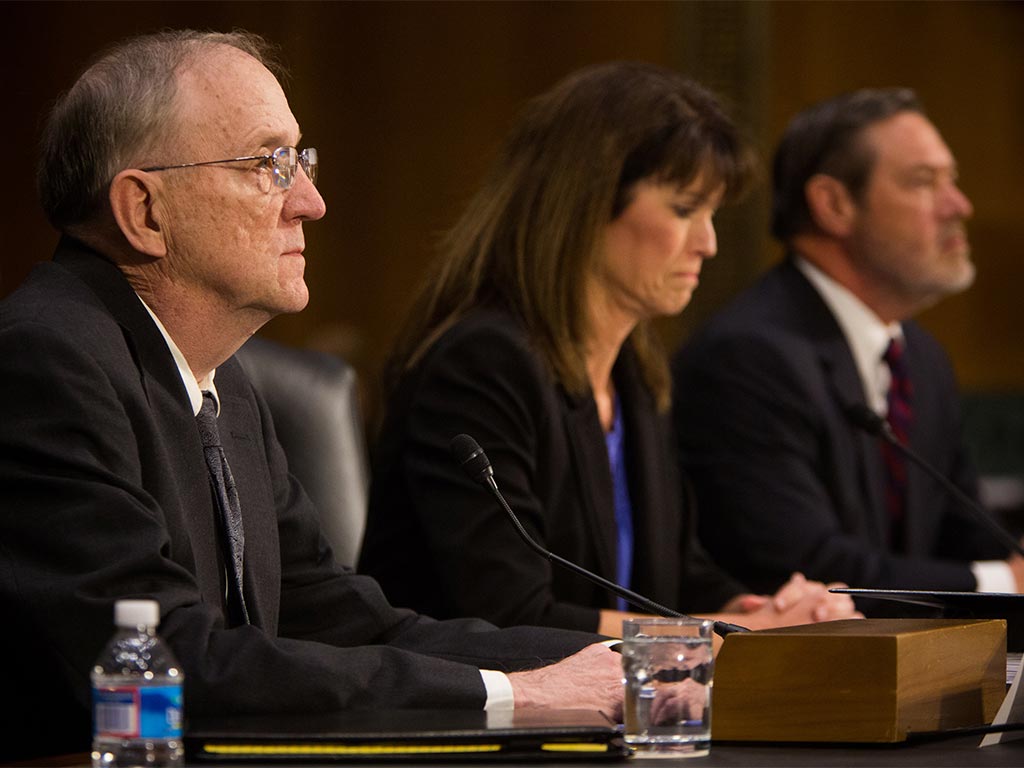
Caterpillar was forced to defend itself before a US Senate hearing in which it was accused of offshore tax evasion. During the panel hearing, it was revealed that a low-tax affiliate unit set up by the company in Switzerland years ago had been unchallenged by US authorities, and used to help the company avoid tax payments of up to $2.4bn.
The Senate Permanent Subcommittee on Investigations was exploring allegations laid out in a 99-page report in which details of a deal struck between the world’s largest maker of construction and mining equipment, and the Swiss tax authorities that allowed the company to pay as little as four percent tax. The arrangement applied exclusively to one of Caterpillar’s most profitable divisions, the international spare parts business. The hearing heard that Caterpillar might have moved up to $8bn in earnings to Switzerland over the years.
“The documents couldn’t be clearer, it’s a tax deal”
Profits were funnelled through a Geneva-based subsidiary, making use of elaborate transfer pricing practises. Senator Carl Levin said in the hearing that the arrangement did not appear to serve any other purpose than to avoid taxes. “The documents couldn’t be clearer, it’s a tax deal,” Levin said at the hearing. However, the Subcommittee refused to divulge whether or not it believed Caterpillar had broken US-tax law.
Caterpillar defended it’s strategy explaining it dated back to a 1999 restructuring and that it was legal and in the best interests of shareholders. Caterpillar takes very seriously its obligation to follow tax law and pay what it owes,” said Julie Legacy, Vice President of Caterpillar’s Finance Services Division, in a statement. “In fact, Caterpillar’s effective income tax rate averages about 29 percent, which is one of the highest for a US multinational manufacturing company. Caterpillar’s philosophy is that our business structure drives our tax structure. We comply with the tax laws enacted by Congress, by the states and by all of the many jurisdictions in which we conduct business.” She reiterated that position during the hearing.
“The manufacturing workers who make world-class parts, the managers who operate its parts operations, the warehouses where they are stored – none of that changed,” Levin, a Democrat, told reporters in a briefing before the hearing. “But in the fantasy land that is international tax law, tax lawyers waved a magic wand to make millions of dollars in US taxes disappear.”
Republicans in the House have seized on the opportunity to call into question what they perceive as issues with current corporate tax arrangements. “It’s an argument for broader tax reform,” Senator John McCain told the FT, questioning the top 35 percent corporate tax rate. Tax reform bills have made their way to Congress where a cut to 25 or 28 percent is being debated, in addition to a slew of measures to repatriate around $2trn in cash stashed overseas by American Companies. So far no deal has been reached on the matter.


